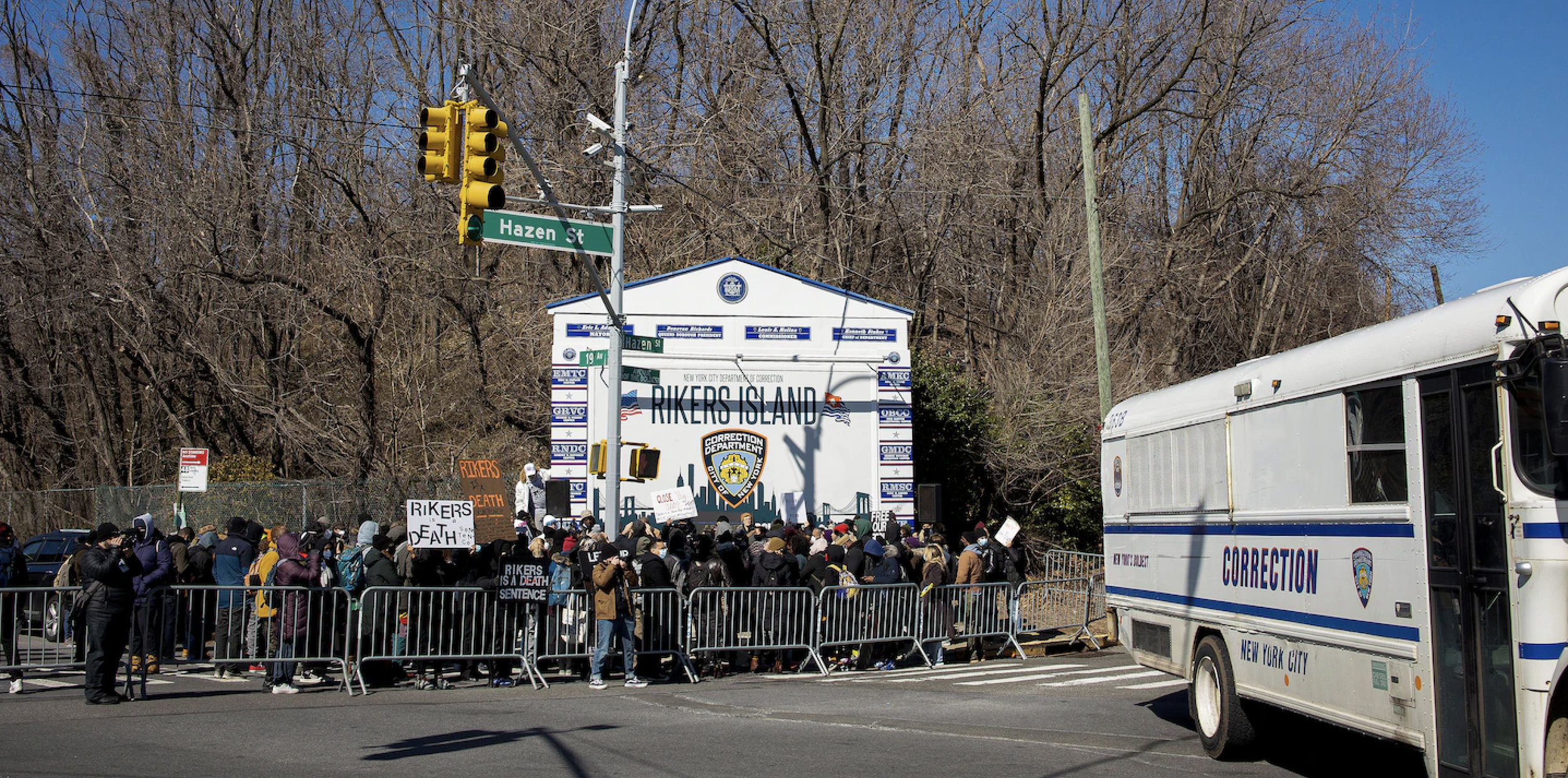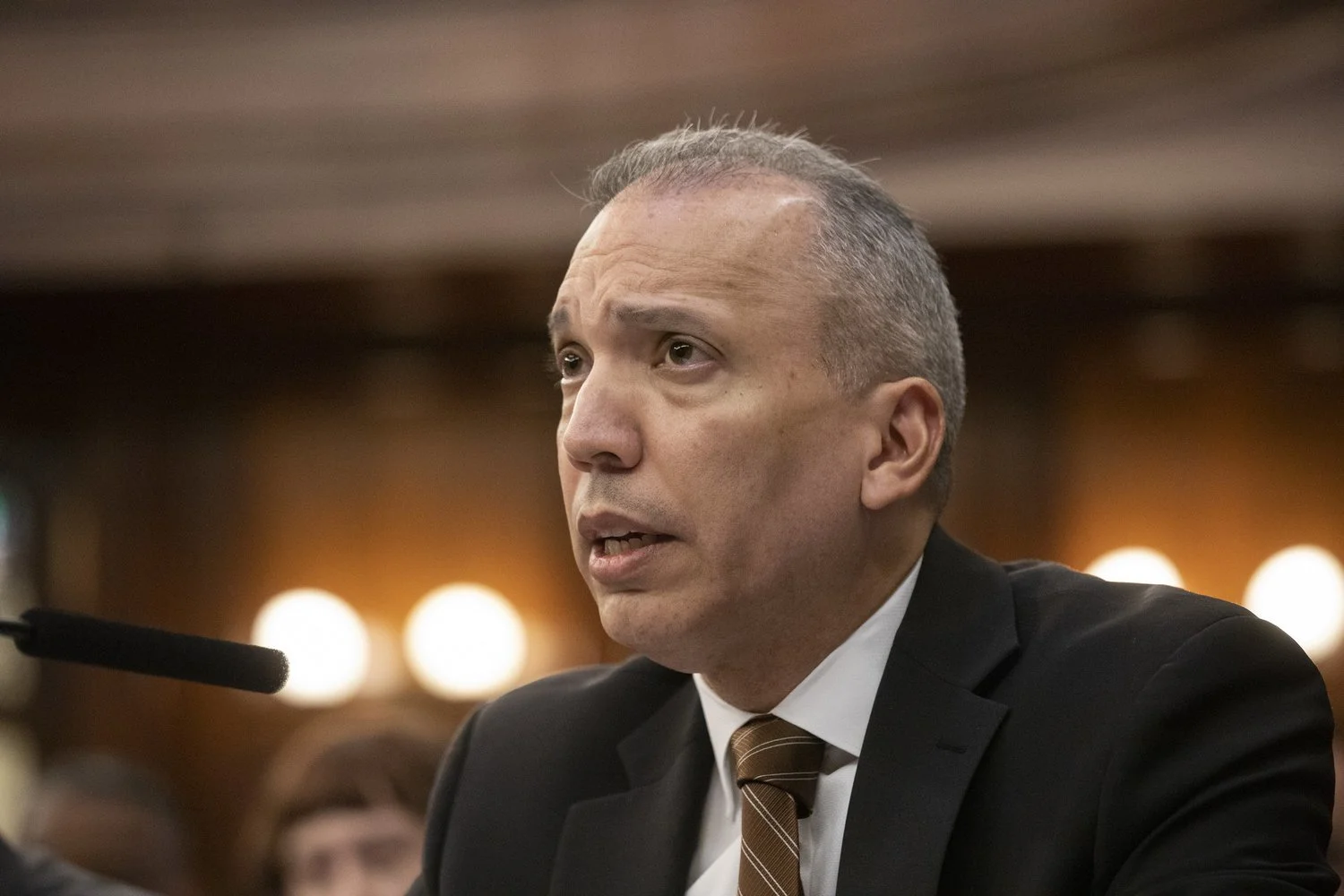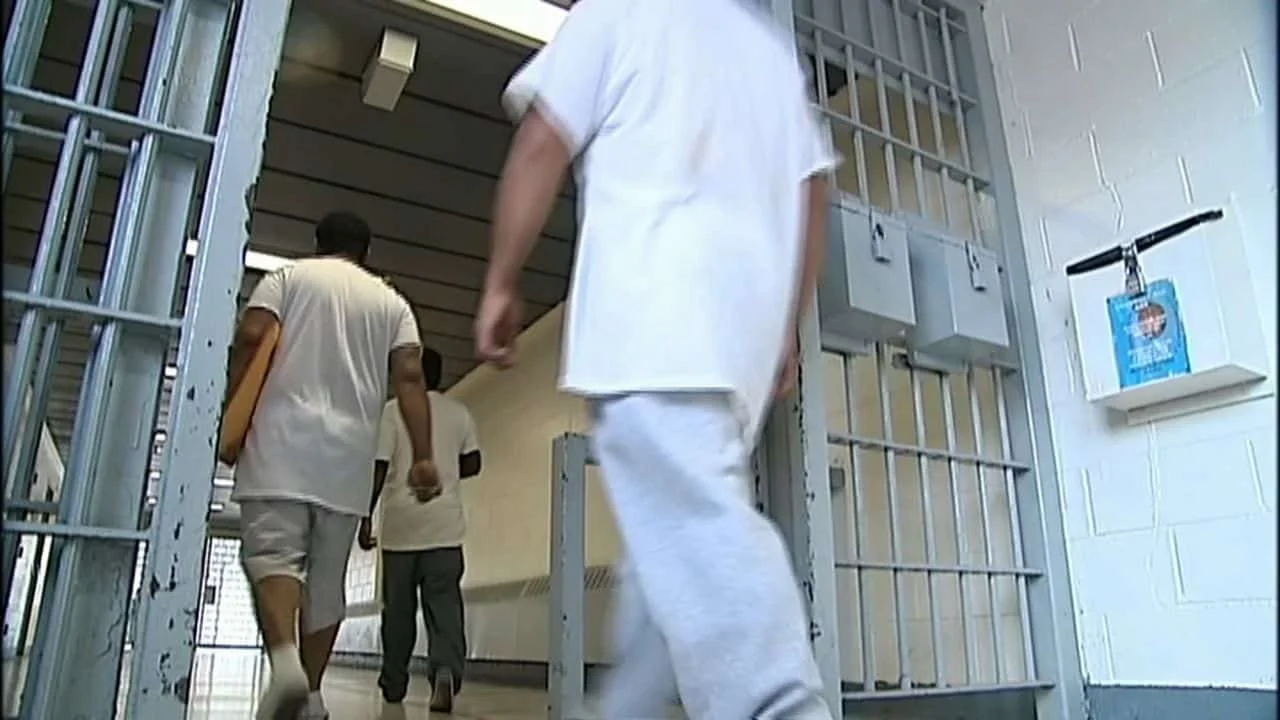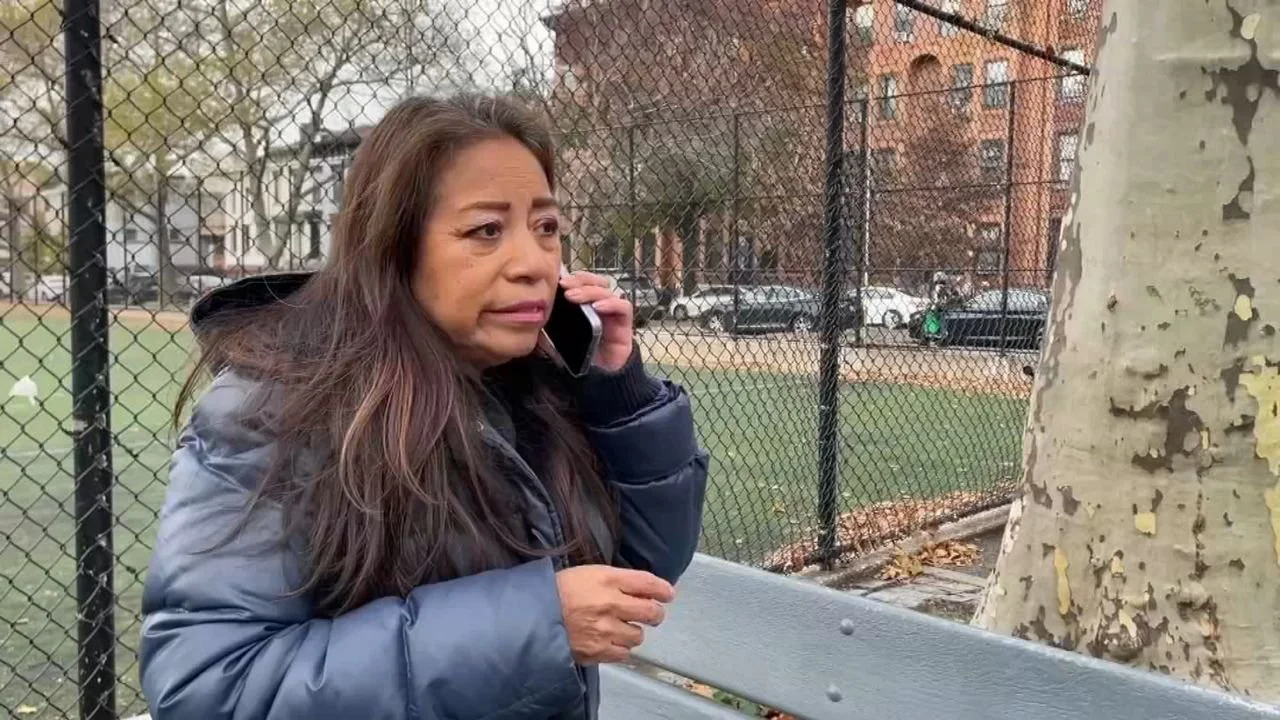CAMPAIGN LEADERS
ASHLEY ABADÍA-SANTIAGO CONRAD
I know for sure that my nephew is going to come back to us and his community worse off than when he got there. Not to mention the additional mental health resources that we'll need to find him because of all the trauma he is currently enduring on the island.
Incarceration has been a running theme for Ashley's family and friends from childhood in Queens, including her nephew who is currently on Rikers Island. Her grassroots organizing goals are to educate fellow New Yorkers on ways our punitive system can be transformed so we can actually bring healing, safety and justice to our communities.
MEDIA APPEARANCES
Q+A
1.) How are you connected to this movement?
I originally got connected because my nephew, who is 21, is currently on Rikers Island. My nephew is on the autism spectrum and also has disruptive dysregulation, mood disorder, growing up in Jackson Heights and the Elmhurst area. Rikers Island was something that was just always super normalized for me, from my peers growing up to family members just being cycled in and out of Rikers Island.
Then when my nephew landed on Rikers Island, I guess you can say it was the first time not that it hita soft spot, especially for me in the sense of my nephew being more a little brother to me, and just seeing firsthand how detrimental it is, to find him the help that he was needing and where the lack of help and the lack of resources actually ended up landing him. So that's what my direct connection is - just being from a community that has been super impacted by Rikers Island for many years and then it coming full circle and ending up on our front door, seeing my nephew there.
2.) Why should Rikers close?
Rikers needs to close because it is an inherently racist and oppressive system. A little more context - growing up in Jackson Heights and Elmhurst, my sister had my nephew at 17. He was born at Elmhurst Hospital. Those who know Elmhurst, know it for not being a great hospital and not having the right resources. It's an institution in a predominantly low income, POC, immigrant community. My sister being 17 and having a child at a young age and being a Puerto Rican woman on Medicaid having her baby, nothing was ever taken seriously, especially her as a woman of color.
When my nephew was born, his umbilical cord was actually wrapped around his neck for a period of time, which caused a lot of the damage to his frontal lobe, which is what caused the DMDD. But the hospital never mentioned that my sister, and they were kind of just like an in and out process with her. Growing up in Jackson Heights, I knew that there was something wrong with my nephew's behavioral patterns, but never really was able to find adequate help. Especially in communities of color, mental health, is not something that's often talked about. So it was obstacle course after obstacle course trying to find my nephew the adequate treatment that he needed. In school, they kind of dismissed that as well.
It's funny. We all went to PS89 so there's three generations in my family who went to that school. We can all tell you, from my sister who turned 43 to my nephew who is 21, how under-resourced the education system there was as well as the additional services. So that ended up landing my nephew on Rikers Island because of multitudes of psychiatric arrests and hospitalizations.
I know for sure that my nephew is going to come back to us and his community worse off than when he got there. Not to mention the additional mental health resources that we'll need to find him because of all the trauma he is currently enduring on the island. But now we will also probably have to look into drug treatment for my nephew as well, because my nephew is self-medicating on the island that is not set up properly to be the mental health provider that it has become by de facto. Rikers Island is often the place where people are getting Medicaid and mental health treatment for the first time ever in their lives, where that should have been kind of the resources that began in their neighborhoods.
Rikers Island is a stain on its city. It's a product of a system that doesn't work, ripping families apart and also just setting families up for failure. The people who are at Rikers Island are community members. These are sisters, these are mothers, these are brothers, and these are the most vulnerable parts of our community, and we are only as strong as our weakest link. These people are in dire need of the treatment that should have begun in their communities.
3.) What is your vision for a more just and equitable post-Rikers New York City?
There needs to be a more just system that treats our communities not only with that equality that we deserve, but the equity that we deserve. And that starts off by setting us up for success. Having accessible housing, supportive housing, long term housing, where generations of families can live in our communities without all the other stressors like gentrification, as well as having equitable and equal opportunities to education that start with the funding of our education and having strong green spaces for our youth recreational centers, all of which we continue to defund from. That's such a controversial work controversial word when it comes to NYPD but we don't see the same kind of reaction to when our city is defunding all of the services that I actually believe will keep our community safer by setting people up for success. I truly believe that the root of crime is often poverty and people making decisions to put food on their family's table which we would all do if put in the same predicament.
The safest communities are not the ones with the most police presence. They're the ones with the most resources. I envision my community to have strong jobs that have livable wages, where people in my community are making enough money to pay their bills and still have enough money left over to live their life and enjoy their families.
I see a space where education is a priority for our communities. Often, growing up in Jackson Heights and Elmhurst, I never had teachers or guidance counselors that I saw myself in. Often these were teachers who were coming in, teaching in our communities hoping that in two or three years they would be transferred to the school of their choice. So having people in these positions in these community centers who are from the community and invested in the community is important as well.
And something that some people may not want to say when they're talking about accessible housing, but low-income housing is what people need, having those resources for the community to thrive in ways that won't have them end up in a punitive system which is set up for people to end up there.
It's no mistake that Rikers Island's population makes up very few communities even though our city is so large. You will see a pattern that most of these people come from the same communities. And you will see the same pattern in those communities that what I'm saying is that they've all been historically underserved and under-resourced. I think by prioritizing these communities and undoing the harm that our city has done by causing generations of trauma through these under investments, what I see as this post-Rikers world is having people who might need the help not be determined by a mistake and one incident that occurred in their life.
As a community and as a society, really delving into investing in other people and investing in the words Why and How is the way of finding root solutions and treatment for people that would actually end recidivism. We need to look at recidivism as a system that clearly isn't working, and ask how can we create long term lasting treatment solutions for our people that will set them up on a path for success.











